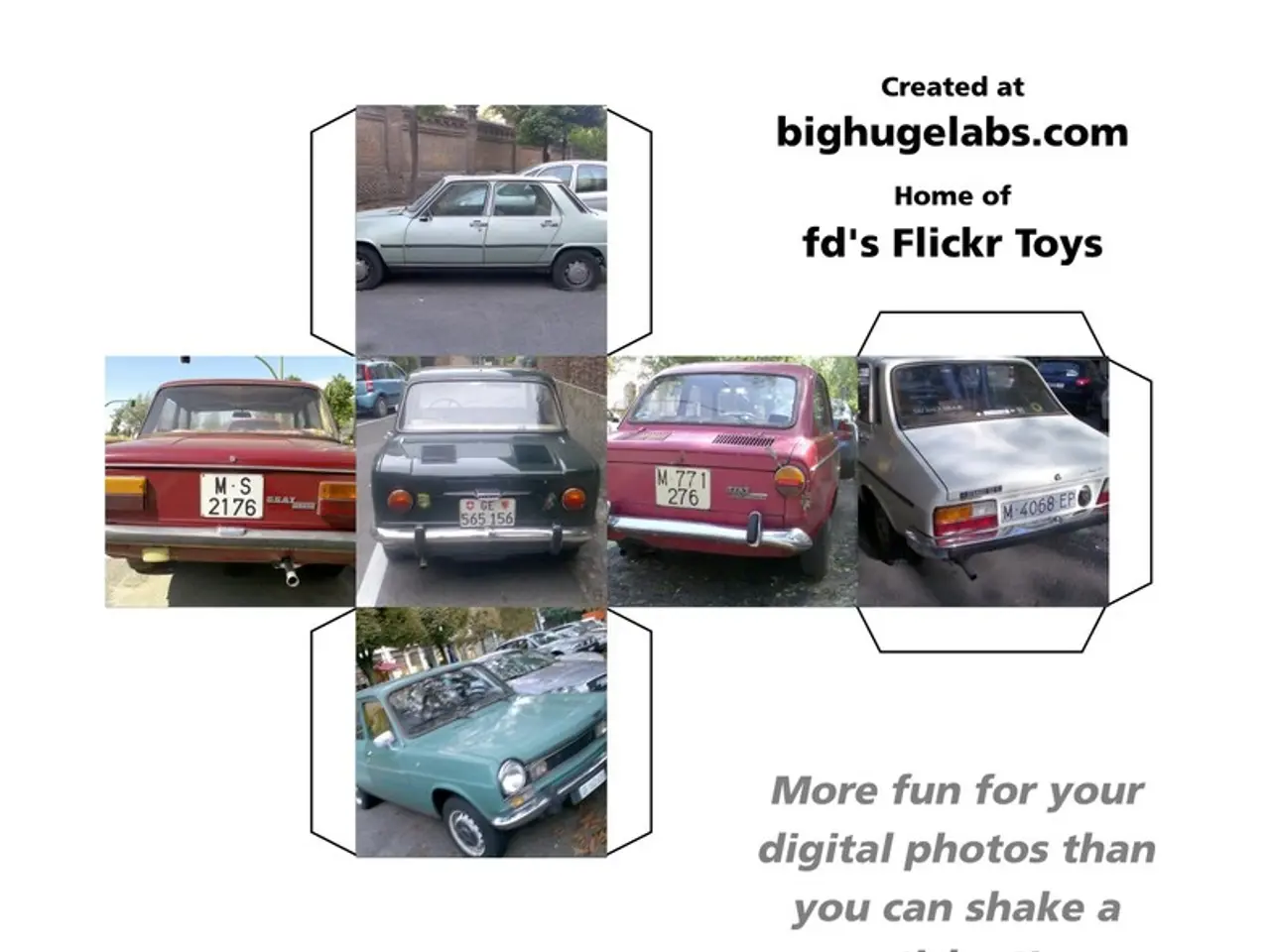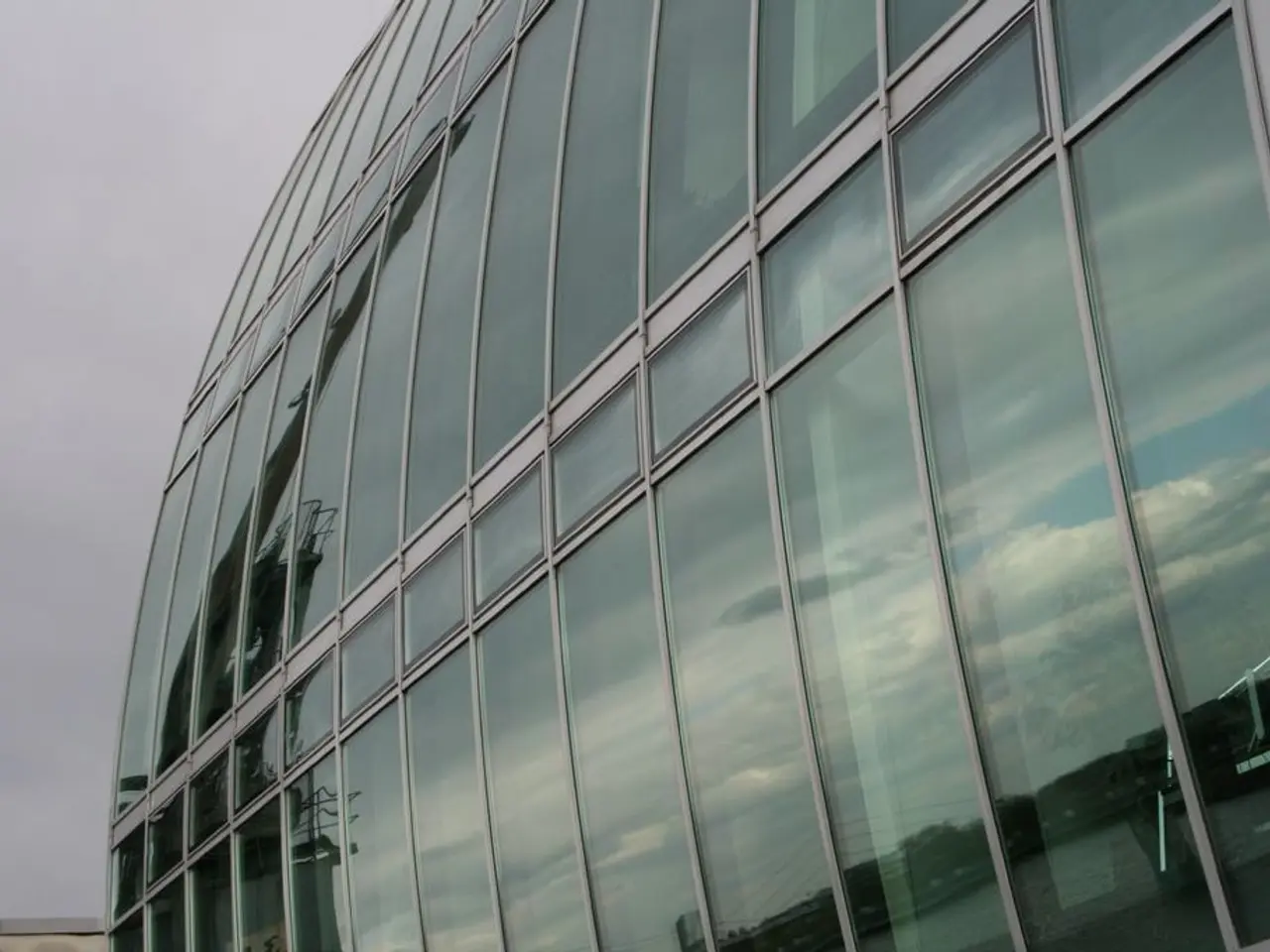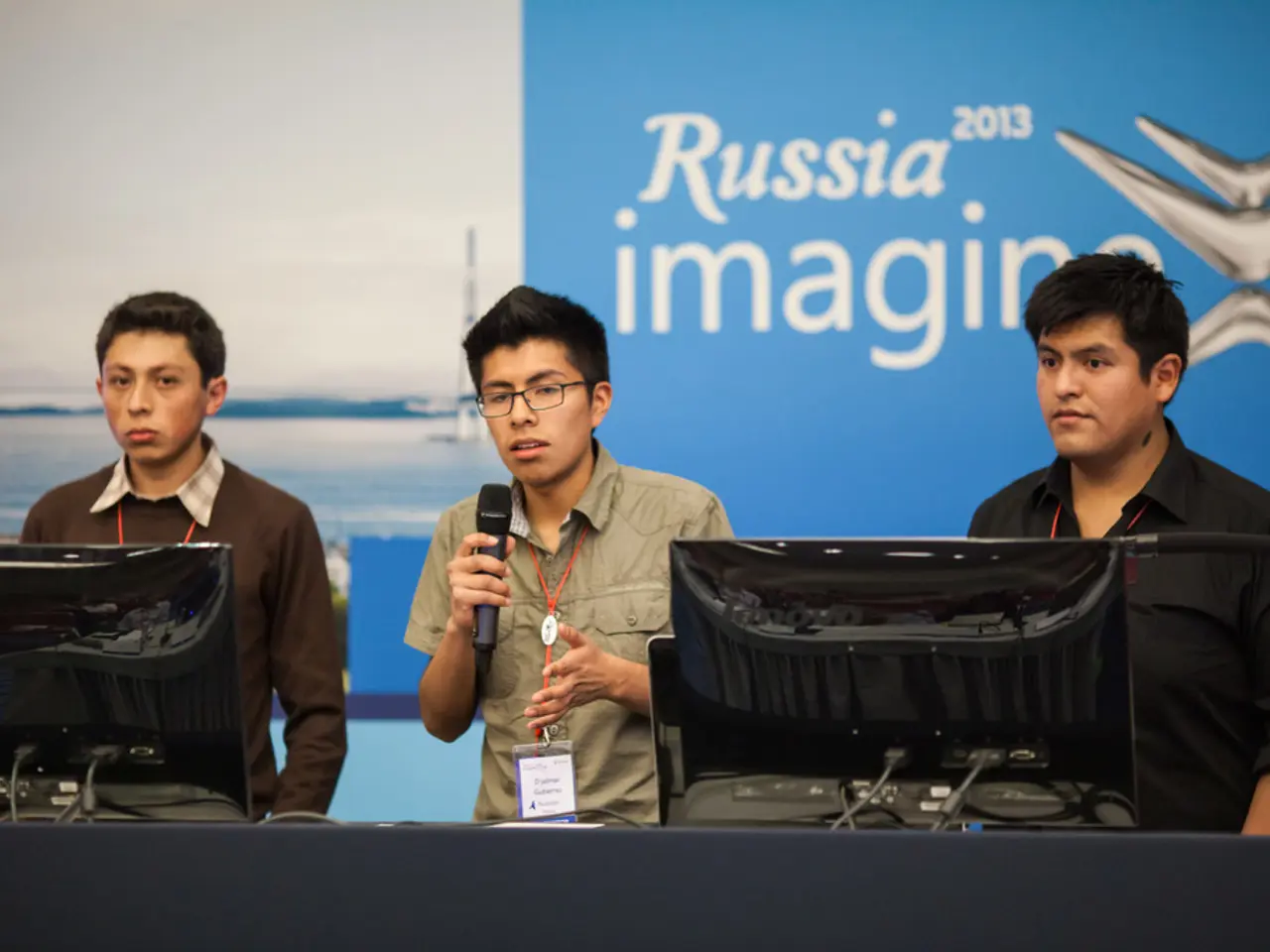CES 2024 Highlights: Pioneering Automotive Technological Advancements
At CES 2024, the annual consumer electronics show, automakers showcased significant advancements in AI and technology, with a focus on software-defined vehicles (SDVs) and next-generation Superchips like NVIDIA's Drive THOR.
One of the key innovations highlighted was the development of AI-powered virtual assistants. These assistants enable natural language interaction for hands-free vehicle control, enhancing safety and user experience. Mercedes-Benz, for instance, introduced an advanced AI assistant designed to improve personalised interactions within the vehicle.
Another significant development was the use of virtualization and cloud-based development platforms for SDV software. Collaborations like AVL and Microsoft demonstrated this through their AVL DevOps Pilot platform, which utilizes cloud and AI tools (Microsoft Azure, Azure OpenAI, GitHub Copilot) to accelerate software development, testing, and validation for SDVs, reducing time and cost while ensuring software traceability.
Personalization features in SDVs were also showcased, with AI adapting settings such as media preferences and climate control to individual passengers dynamically, making the vehicle a responsive, intelligent environment.
Consolidation of vehicle electronic control units (ECUs) into centralized systems was another trend, reflecting a semiconductor industry trend toward higher integration to support SDVs’ complex software architectures.
Next-generation automotive superchips, such as NVIDIA Drive THOR, were also highlighted. These represent an evolution of highly integrated SoCs that combine GPUs, CPUs, and dedicated AI accelerators to enable advanced autonomous driving, AI processing, and real-time vehicle intelligence within a single chip.
Honda announced the "0 Series", consisting of the "Saloon" and the "Space-Hub" concepts, representing Honda's commitment to next-generation electric cars. The 0 Series is set to launch in North America in 2026.
Kia's Platform Beyond Vehicle (PBV) lineup, unveiled at CES 2024, includes the Concept PV7, PV5, and PV1. These vehicles are designed to meet the needs of consumers and businesses, with PV7 offering an impressive driving range and PV1 being agile for short distances.
Volkswagen has also joined the fray, unveiling a ChatGPT-powered voice assistant named IDA in its cars. IDA will be available from the second quarter of 2024.
These innovations embody the auto sector’s transition toward software-defined vehicles, underpinned by AI and semiconductor breakthroughs showcased prominently at CES 2024.
Summary Table
| Key Technology | Description | Example / Contributor | |----------------|-------------|----------------------| | AI-Powered Assistants | Natural language hands-free control, personalization | Mercedes-Benz AI assistant[1] | | Cloud-based SDV Software Development | Virtualization, orchestration, AI-assisted development | AVL + Microsoft DevOps Pilot[2] | | Personalized AI Features in SDVs | Adaptive media, environment based on passenger detection | IDTechEx research[3] | | Centralized ECU Systems | Functional consolidation of safety, infotainment, connectivity | Various suppliers at CES[4] | | Next-Gen Superchips (e.g., NVIDIA Drive THOR) | Integrated SoCs for AI, autonomy, and driving intelligence | NVIDIA Drive THOR[4] |
- The automotive industry is moving towards software-defined vehicles (SDVs), as demonstrated by advancements in AI, technology, and next-generation superchips at CES 2024.
- Mercedes-Benz showcased an advanced AI assistant designed to enhance personalized interactions within the vehicle, demonstrating the potential for AI-powered virtual assistants in connected cars.
- Collaborations such as AVL and Microsoft are utilizing cloud and AI tools to accelerate software development, testing, and validation for SDVs, representing a significant development in the electric vehicle sector.
- The merging of vehicle electronic control units into centralized systems is another trend, reflecting the semiconductor industry's move towards higher integration to support the complex software architectures of SDVs.
- Honda and Kia both unveiled plans for next-generation electric vehicles (EVs) at CES 2024, further underscoring the industry's focus on electric vehicles and the role of artificial intelligence and technology in shaping the future of transportation and lifestyle.




